Life After Serving in the Army
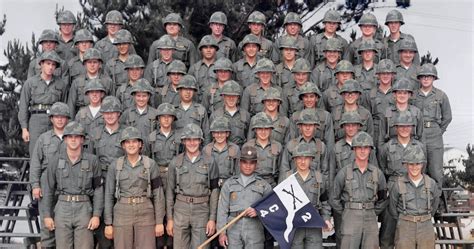
Transitioning to Civilian Life: A Comprehensive Guide

Serving in the army can be a life-changing experience, providing individuals with discipline, skills, and a sense of purpose. However, transitioning to civilian life can be daunting, especially for those who have spent multiple years in the military. The thought of re-entering the workforce, reconnecting with family and friends, and finding a new sense of purpose can be overwhelming. In this article, we will explore the challenges faced by veterans, provide guidance on transitioning to civilian life, and highlight resources available to support this journey.
Challenges Faced by Veterans
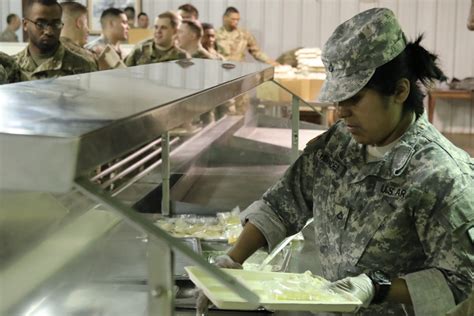
Veterans often face unique challenges when transitioning to civilian life. Some of the most common challenges include:
- Difficulty adjusting to civilian culture: After years of adhering to a strict military code, adjusting to the more relaxed atmosphere of civilian life can be difficult.
- Finding employment: Translating military skills to civilian job requirements can be challenging, and many veterans struggle to find employment.
- Reconnecting with family and friends: Prolonged separation from loved ones can lead to feelings of disconnection and isolation.
- Managing physical and mental health: Veterans may struggle with physical injuries, PTSD, and other mental health issues, which can impact their quality of life.
Preparing for Transition

While transitioning to civilian life can be challenging, there are steps that can be taken to prepare:
- Start planning early: The sooner you start planning, the better equipped you’ll be to navigate the transition process.
- Update your resume: Ensure your resume is up-to-date and highlights your transferable skills.
- Network and build connections: Attend job fairs, networking events, and connect with professionals in your desired field.
- Pursue education and training: Consider further education or training to enhance your skills and increase employability.
Resources Available to Support Veterans

Fortunately, there are numerous resources available to support veterans as they transition to civilian life:
- Department of Veterans Affairs (VA): The VA offers a range of services, including education and training programs, employment assistance, and healthcare services.
- Transition Assistance Program (TAP): TAP provides guidance and support to help veterans transition to civilian life.
- Veteran Service Organizations (VSOs): VSOs, such as the American Legion and Veterans of Foreign Wars, offer a range of services, including employment assistance and advocacy.
- Private sector organizations: Many private sector organizations, such as USAA and Wounded Warrior Project, offer support and resources to veterans.
Building a New Career
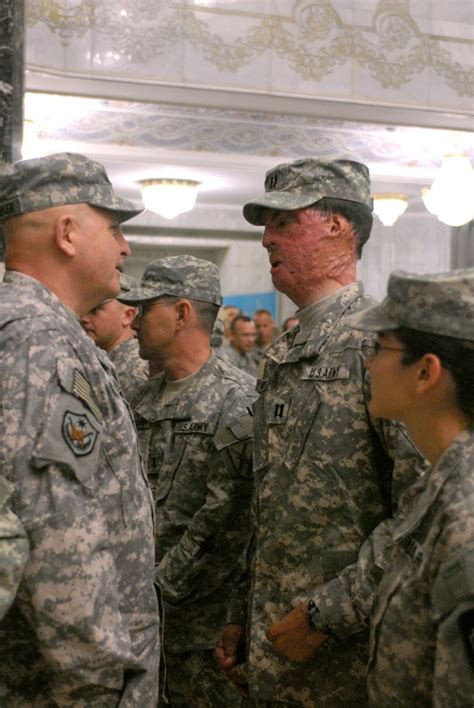
Finding employment is a critical aspect of transitioning to civilian life. Veterans possess a unique set of skills, including:
- Leadership and management: Veterans have experience leading teams and managing resources.
- Problem-solving and adaptability: Veterans are trained to think critically and adapt to changing situations.
- Communication and teamwork: Veterans are skilled communicators and team players.
To leverage these skills, veterans can consider the following careers:
- Project management: Veterans can apply their leadership and management skills to project management roles.
- Sales and marketing: Veterans can utilize their communication and teamwork skills in sales and marketing roles.
- IT and cybersecurity: Veterans can apply their problem-solving and adaptability skills to IT and cybersecurity roles.
Rebuilding Relationships

Rebuilding relationships with family and friends is crucial to a successful transition. Here are some tips:
- Communicate openly: Share your experiences and feelings with loved ones.
- Be patient: Rebuilding relationships takes time and effort.
- Seek support: Consider counseling or therapy to help navigate the transition process.
Managing Physical and Mental Health
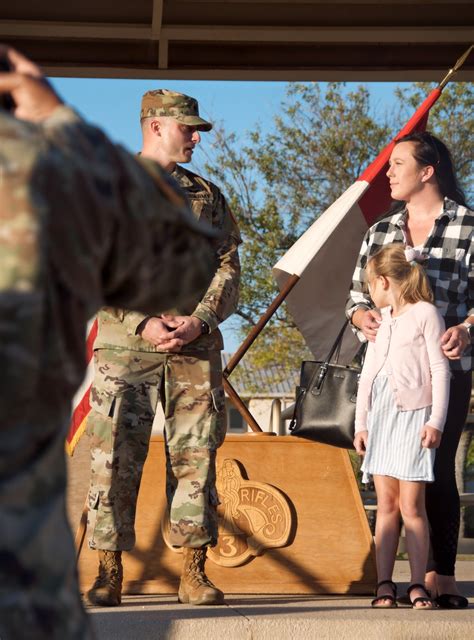
Veterans may struggle with physical and mental health issues, including:
- PTSD: Veterans may experience symptoms of PTSD, including flashbacks and anxiety.
- Physical injuries: Veterans may struggle with physical injuries, including chronic pain and limited mobility.
To manage physical and mental health, veterans can:
- Seek medical attention: Regular health check-ups can help identify and manage health issues.
- Engage in physical activity: Regular exercise can help manage physical and mental health.
- Practice mindfulness and relaxation techniques: Techniques such as meditation and deep breathing can help manage stress and anxiety.
🚨 Note: If you're struggling with physical or mental health issues, seek medical attention immediately.
Conclusion

Transitioning to civilian life can be challenging, but with the right guidance and support, veterans can navigate this journey successfully. By preparing for transition, leveraging resources, and building a new career, veterans can create a fulfilling life outside of the military. Remember, transitioning to civilian life is a journey, and it’s okay to take it one step at a time.
What resources are available to support veterans as they transition to civilian life?
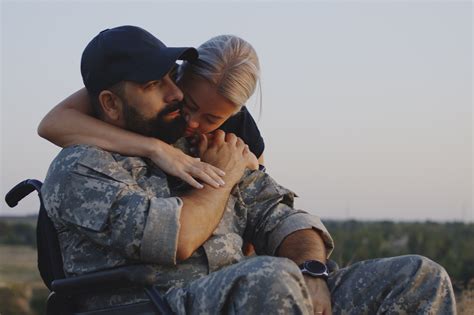
+
There are numerous resources available to support veterans, including the Department of Veterans Affairs (VA), Transition Assistance Program (TAP), Veteran Service Organizations (VSOs), and private sector organizations.
What careers are suitable for veterans?
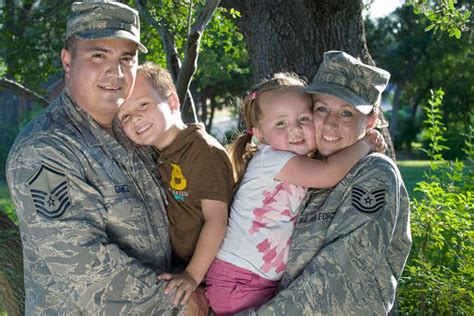
+
Veterans can consider careers that leverage their unique set of skills, including project management, sales and marketing, IT and cybersecurity, and more.
How can veterans manage physical and mental health issues?
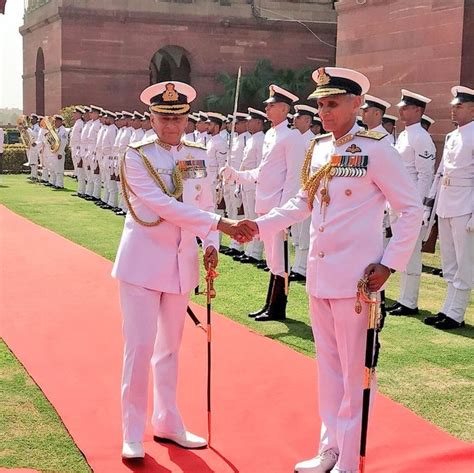
+
Veterans can seek medical attention, engage in physical activity, and practice mindfulness and relaxation techniques to manage physical and mental health issues.